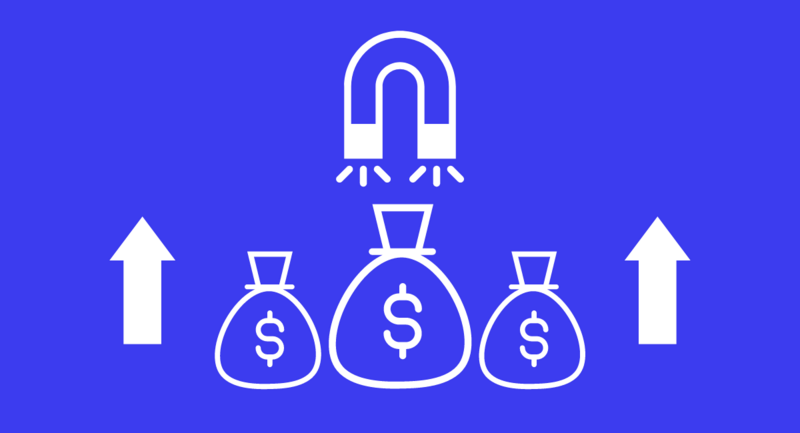No one gets stoked about taxes, but that doesn't mean it’s all doom and gloom in the tech sector right now.
Driving the news: Changes to the capital gains tax structure proposed in last week’s federal budget kicked off a wave of backlash across the tech sector. Hundreds of execs and VCs signed the Council of Canadian Innovators’ open letter asking the government to scrap it.
- The inclusion rate for corporations is going from 50% to 66.7% for all capital gains. For individuals, the increase applies to capital gains over $250,000.
- A higher inclusion rate means more profits from selling assets like stocks will be included in income, potentially bumping a person or company into a new tax bracket.
Why it matters: The most vocal group worries that more taxes could exacerbate stagnating growth in Canada’s tech sector. On the other hand, some investors and founders — like Social Capital Partners’ Jon Shell, Stand Up Ventures’ Jessica Weisz, and Information Venture Partners’ Peter Carrescia — have been pointing out that fears may be overblown.
Here’s what both sides are saying:
-
Attracting investors: Investing is less appealing if returns are taxed more. But Canada’s inclusion rate was 75% in the 1990s, when the second half of the decade brought a jump in productivity, and landed firms like BlackBerry and Constellation Software funding that set them up for success.
-
Attracting talent: Stock options will become a less effective compensation tool to recruit tech workers. However, few individuals are likely to make more than $250,000 in capital gains and feel the increase — 0.13%, by the budget’s projections.
- Promoting entrepreneurship: Those who might cross the $250K threshold are founders, which makes starting companies in Canada less attractive. But the inclusion rate has also been lowered to 33.3% when founders sell stakes in their business.
Zoom out: There’s a lot of non-tax reasons why investors, entrepreneurs, and talent might not choose Canada — say, the high cost of living in tech hubs like Toronto and Vancouver. Or, the fact that Canada spends less than the OECD average on technology and the government hasn’t filled the gaps, making it harder for startups to scale up.
